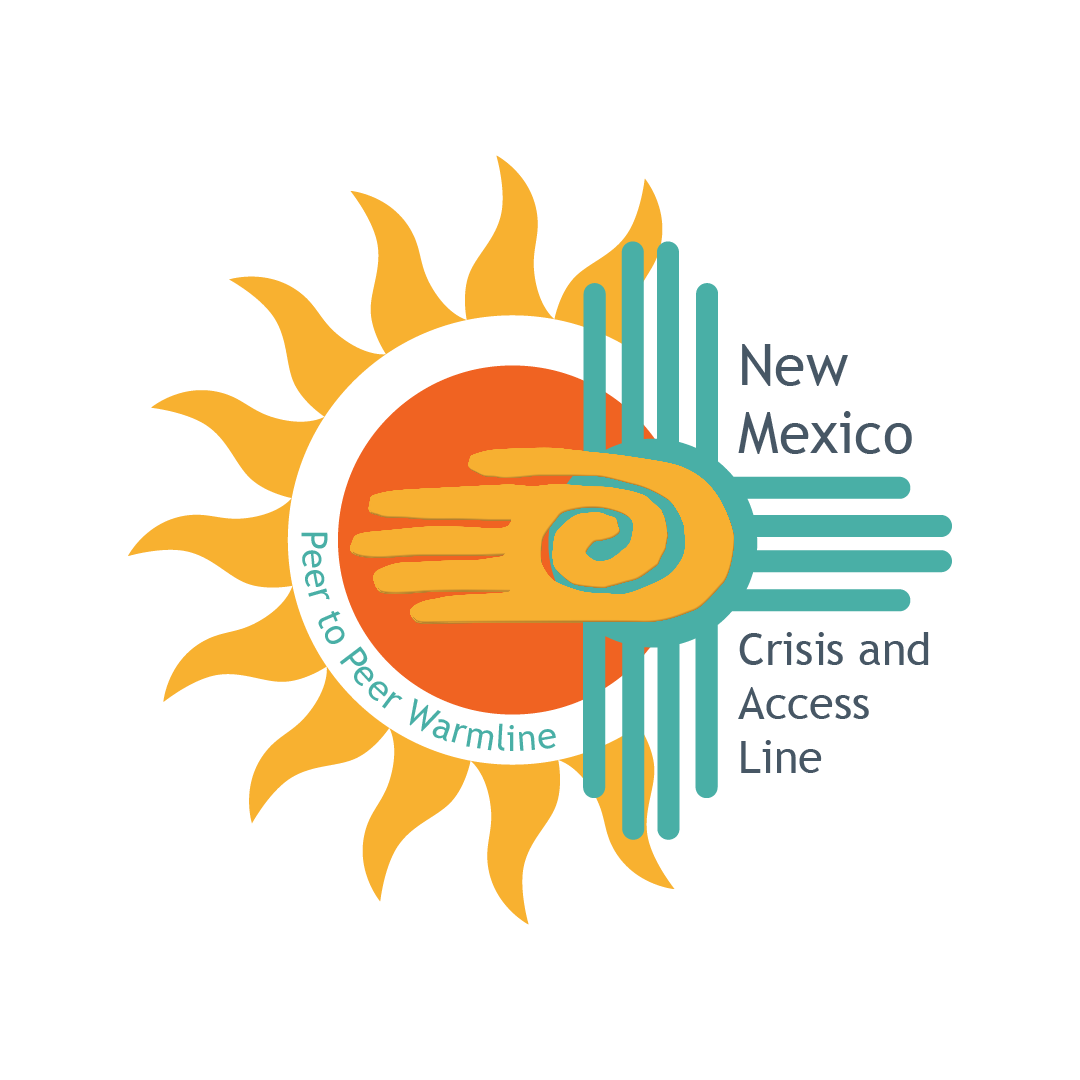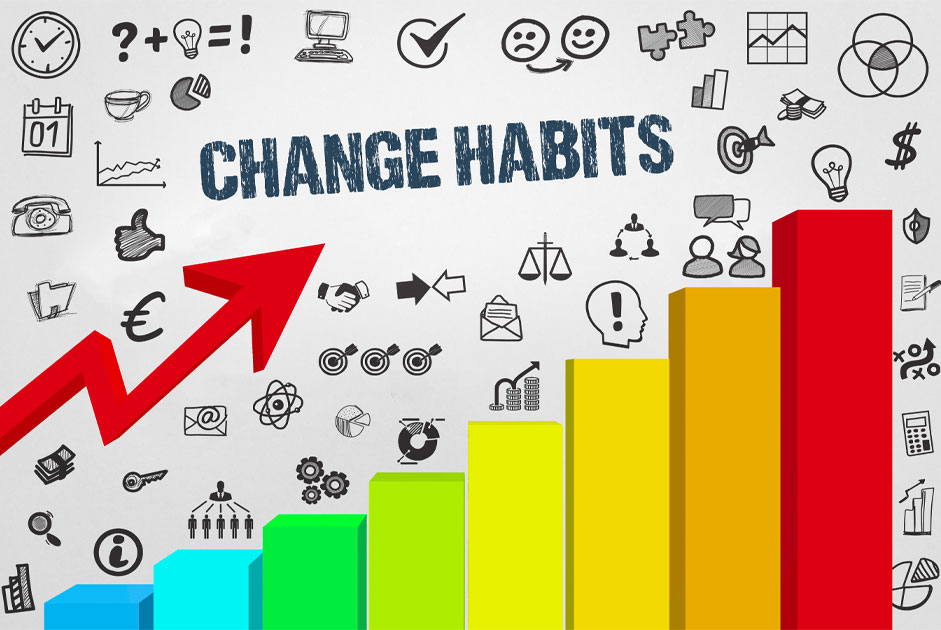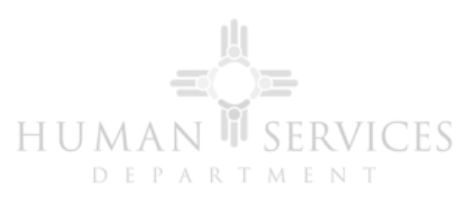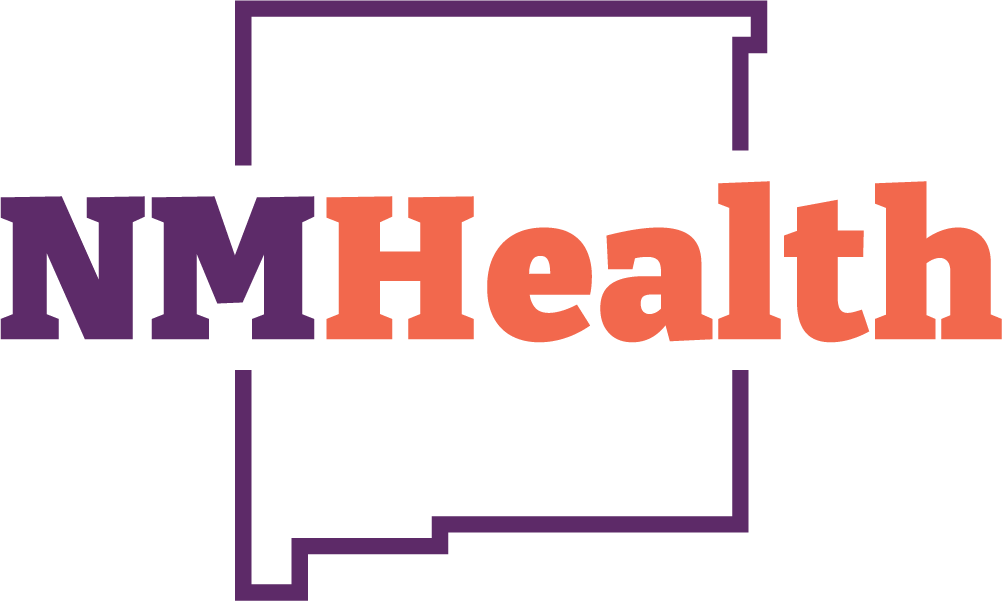Food, shelter and water are the three basic necessities of life, but as humans, do we need more in our fast, ever-increasingly busy lifestyles? As the New Mexico Crisis and Access Line embraces national simplicity day, we are encouraging people to consider stepping back and looking at ways to minimize things in life that assist them in finding their mental wellness. Today is an opportunity to declutter and eliminate the unnecessary burdens that weigh a person down. National simplicity day gives a person a chance to consider clearing their vision by reconnecting with the basics, and as a result, recognizing the potential one has.
“In proportion as he simplifies his life, the laws of the universe will appear less complex, and solitude will not be solitude, nor poverty, nor weakness.” – Henry David Thoreau
How to consider simplifying: Living simply doesn’t mean living without, it means living with only what a person needs. So, look around throughout the day and consider the excesses. The easiest way to begin is to seek a leisurely pace that doesn’t include the accumulation of things that are not needed for survival. Look to nature or companionship, ponder on passages that inspire you from a book, or inspiration that has been found from the wisdom of a child or elder. These simple things collect together to fulfill a persons greatest needs. Henry David Thoreau has said that when our lives are simpler, our stress decreases, we no longer feel the pressure to acquire more things, and we have time to pursue adventures and spend time with people we enjoy.
“The simplest things are often the truest.” – Richard Bach
Consider doing, or stop doing, things to assist simplifying a day. Tips to simplifying life:
- Identify what’s important to you. This list will include things, goals, and activities. While we don’t all have the ultimate goal of reaching Mars, don’t dismiss the small achievements. Those don’t necessarily equate to clutter. They’re stepping stones. However, if they aren’t a part of the bigger picture, consider slashing them.
- When it comes to things, you have to admit, we hold on to some things for sentimental reasons. On the other hand, we buy too much junk for all the wrong reasons. Identify the ones that are the most important and get rid of the rest. The next time something breaks ask whether it can be repaired instead of replacing it.
- Put a ban on impulse buying. Make a list before any shopping trip. If it’s not on the list, it can’t be bought (unless it’s toilet paper, that’s the one exception). Otherwise, you will get by until the next trip. You will also see an improvement in your bank account.
- When it comes to activities, consider the ones that are time wasters and have no value. Again, which ones are important to you? Do they bring you joy? Do they improve you or the world around you? If the answer is no to any of these questions, why is this activity still in your life?
“Enjoy the little things, for one day you may look back and realize they were the big things.” – Robert Brault










